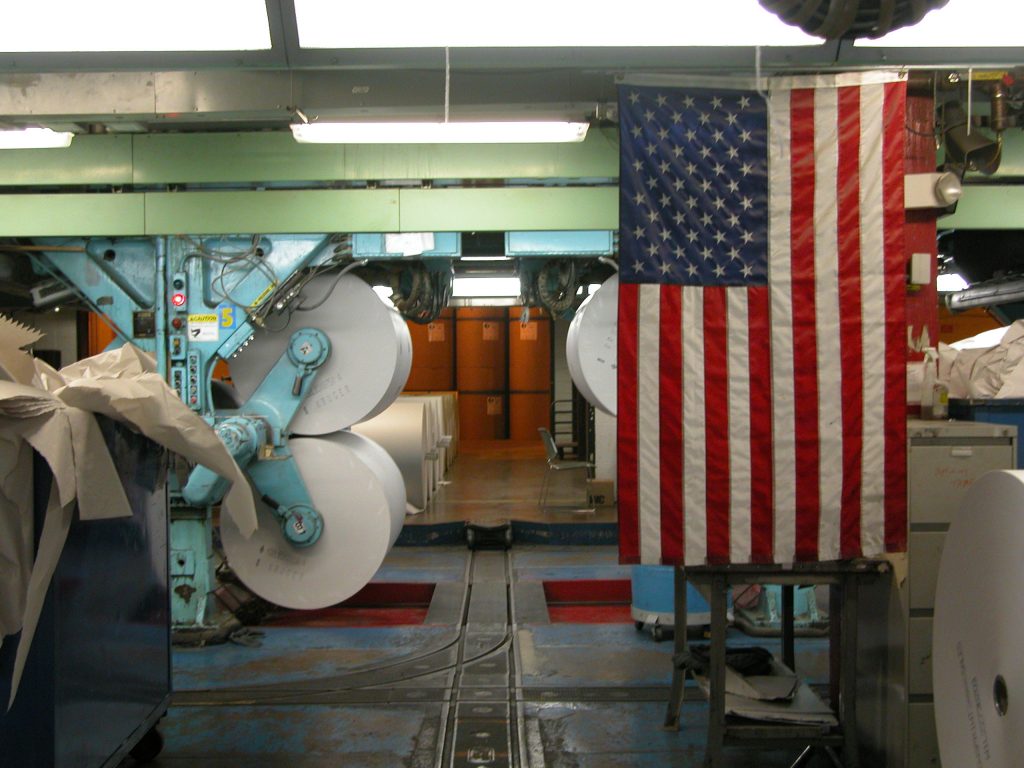 It costs money to file a lawsuit against a party who has wronged you, and it also costs money to defend yourself when another party brings a lawsuit against you. Imagine taking on those costs only to lose the case in the end — and then imagine having to also pay for the winner’s attorney’s fees.
It costs money to file a lawsuit against a party who has wronged you, and it also costs money to defend yourself when another party brings a lawsuit against you. Imagine taking on those costs only to lose the case in the end — and then imagine having to also pay for the winner’s attorney’s fees.
The general rule in the United States, known as the American Rule, is that each party only pays their own attorney’s fees, regardless of who wins. This is unlike some other countries, such as England, where courts often require the losing party to pay the other side’s attorney’s fees. One leading policy behind the American Rule is to ensure that potential plaintiffs aren’t discouraged from bringing meritorious lawsuits out of fear that, if they lose, they will have to incur even more costs by having to pay the other side’s lawyer. There are exceptions to the American Rule, however. One common exception is where there is a statutory provision requiring the losing side to pay attorney’s fees to the winning party, as illustrated in a recent case in Baton Rouge.
In Heck v. Triche, the district court found (and the appellate court affirmed) that the defendant, Wayne Triche, was liable under state law — not federal law — for securities fraud. After this finding, however, the plaintiffs requested an award of attorney’s fees pursuant to Louisiana laws (La. Rev. Stat. Ann. § 51.712 & 51.714; Local Rule 54.2). The plaintiffs eventually submitted the documents needed for the district court to determine the reasonable amount of attorney’s fees. The district awarded attorney’s fees pursuant to a federal statute, 15 USC § 78r, in the amount of $121,800.
Triche challenged the award of attorney’s fees to the plaintiffs on appeal, making two related arguments concerning the district court’s reliance on the federal statute 15 USC § 78r. Firstly, Triche argued that an award of attorney’s fees under § 78r is impermissible because the defendant did not file any documents with the Securities and Exchange Commission, as is required for § 78r to apply. The appellate court agreed with Triche that § 78r is inapplicable; however, the appellate court also found the districts court’s error in applying § 78r does not warrant reversal because state law also provides for attorney’s fees for Triche’s state law violations. Indeed, the plaintiffs consistently requested attorney’s fees pursuant to state law and never requested fees pursuant to § 78r. Therefore, although the district court mistakenly applied a federal law to award attorney’s fees, that mistake does not result in reversal of the award since attorney’s fees are also available under state law in Louisiana.
As such, the appellate court’s only other consideration is as follows: Was the amount of attorney’s fees awarded to the plaintiffs under federal law reasonable considering they should have been awarded under state law? The appellate court answered yes. Louisiana’s method of determining reasonable attorney’s fees is similar (though not identical) to the federal method, and, under each method, there is case law providing several factors that courts may take into account when determining reasonable attorney’s fees. Triche did not object to the use of the federal method to determine the award nor did Triche raise any of the federal or state factors as reasons the award should be adjusted. Indeed, in this appeal, Triche still did not challenge the reasonableness of the award.
Therefore, the appellate court found that, although the district court mistakenly applied federal law to award attorney’s fees to the plaintiffs, the district court did not abuse its discretion in determining the amount of such fees. To put it simply, on top of losing the lawsuit, Triche has to pay $121,800 in attorney’s fees to the plaintiffs.
Additional Sources:
RAYMOND E. HECK; DOUG HAMLEY; CHARLES MOORE; JOSEPH MCKEARN; ALLEN RICHARDSON, VERSUS WAYNE TRICHE
Written by Berniard Law Firm Blog Writer: Ira Perez
Additional Berniard Law Firm Articles on Attorney Fees in Litigation: First Circuit Court of Appeal Affirms Award of Attorney Fees and Expert Witness Fees In Expropriation Lawsuit
 Louisiana Personal Injury Lawyer Blog
Louisiana Personal Injury Lawyer Blog

